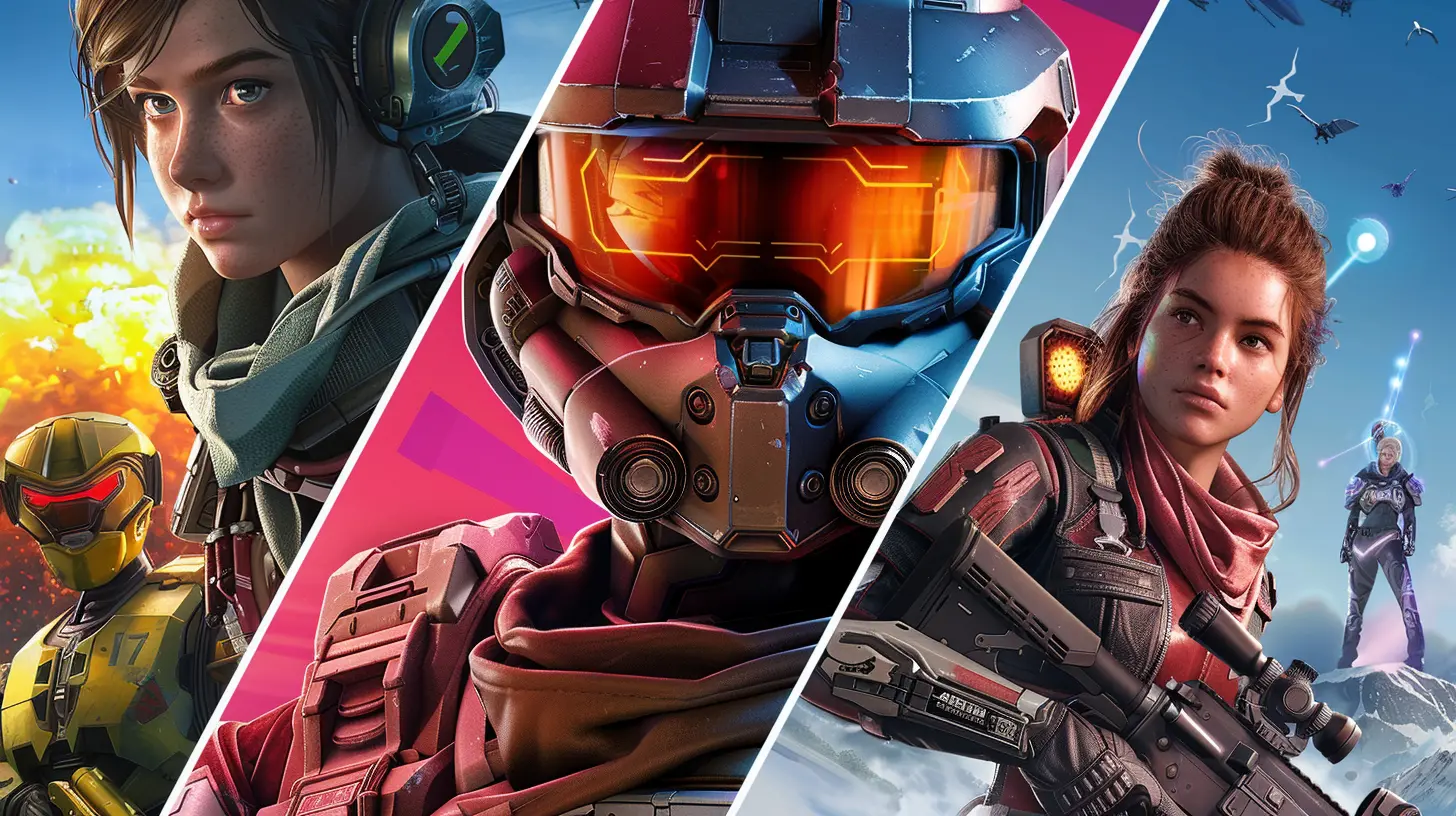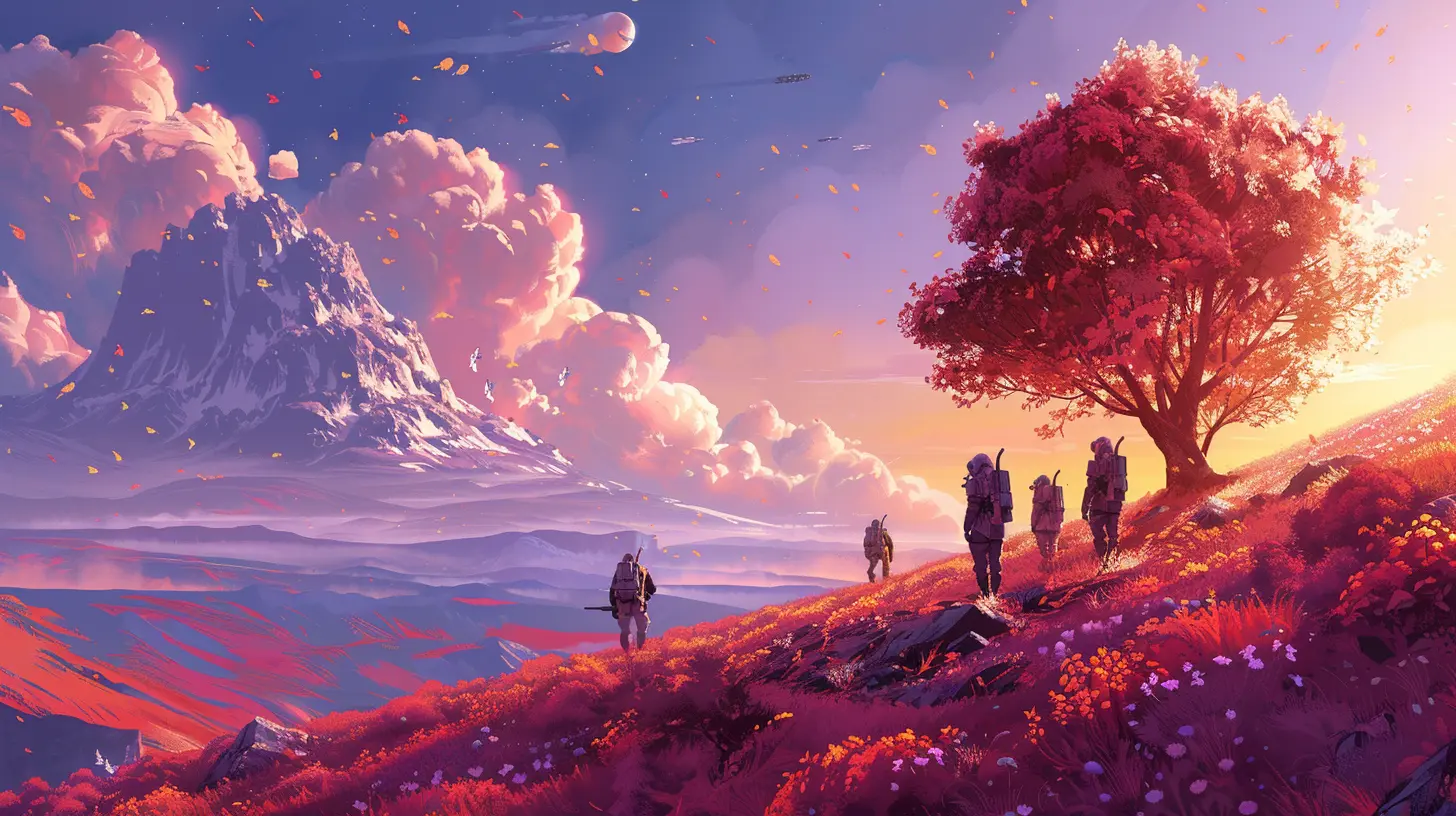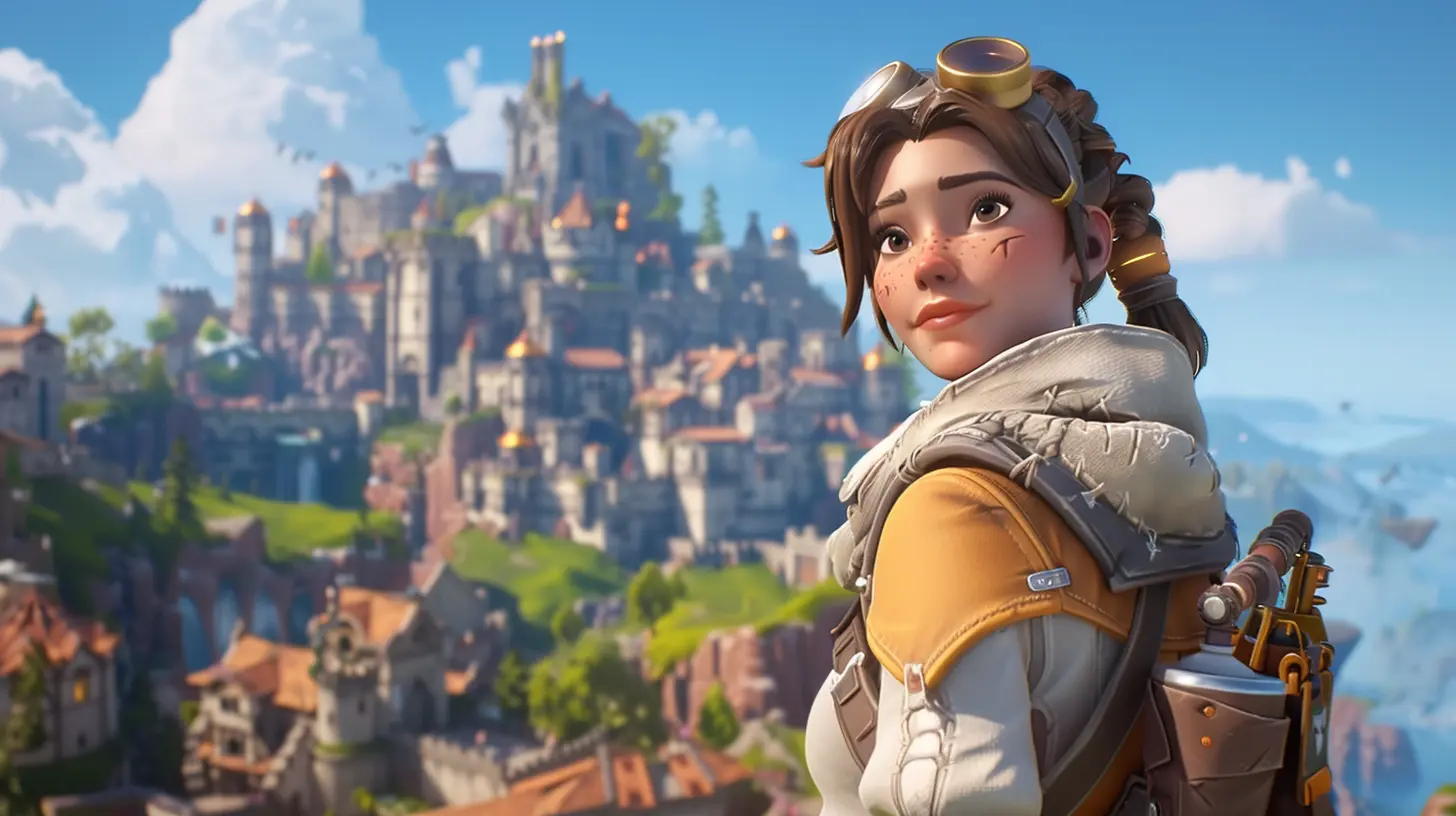Behind the Scenes: How Epic Games Store Secures Exclusive Partnerships
23 May 2025
When it comes to gaming, exclusivity is king. Love it or hate it, exclusive game partnerships are a powerful weapon in the arsenal of digital game distribution platforms. And no one knows this better than the Epic Games Store (EGS). Since its launch in December 2018, EGS has consistently made waves—sometimes sparking outright controversy—by securing exclusive game deals that leave gamers either cheering or groaning. But have you ever wondered how they pull it off? What goes on behind the scenes, and what’s the secret sauce they use to lock down these coveted partnerships? Buckle up, because we’re about to break it down.
Why Exclusive Partnerships Matter in Gaming
Let’s start here: why does Epic Games Store even bother with exclusivity in the first place? The answer boils down to competition and visibility. Think of the gaming world like a massive shopping mall, with multiple storefronts trying to grab your attention. In this mall, Steam is the granddaddy department store with decades of loyal customers. Other platforms, like EGS, need a flashy window display to stand out—or, in this case, exclusive games.By securing exclusivity, EGS ensures gamers have no choice but to visit their store if they want to play certain titles. It’s like when your favorite coffee shop offers a limited-edition flavor you can’t get anywhere else. Annoying? Maybe. Genius? Absolutely.
The Epic War Chest: Money Talks
Let’s be real—money is the first and most obvious way EGS secures its exclusives. And boy, do they have the cash. Thanks to Fortnite’s unprecedented success, Epic Games is rolling in dough. With billions of dollars in revenue, they’ve got the financial clout to make developers offers they simply can’t refuse.Imagine you’re an indie developer working out of a small studio. You’ve poured blood, sweat, and tears into your game, but money’s tight. Suddenly, Epic shows up with a truckload of cash and says, “Here’s the deal: we’ll cut you a fat upfront payment if you make this game exclusive to the Epic Games Store.” For many developers, it’s practically a no-brainer.
But it doesn’t stop at upfront money. Epic sweetens the deal further with an industry-leading revenue split of 88/12, compared to Steam’s more traditional 70/30 model. That’s like getting a bigger slice of the pie for every game sold. For smaller studios, this extra revenue can mean the difference between thriving and barely scraping by.
Risk-Sharing Agreements: Minimizing Developer Anxiety
Let’s be honest—game development is a gamble. You can spend years creating what you think is a masterpiece, only for it to flop commercially. Epic understands this and has cleverly positioned itself as a safety net for developers.In many cases, EGS doesn’t just offer developers money for exclusivity; they also agree to cover the game’s development costs or guarantee a certain amount of revenue. Essentially, Epic is saying: “Even if your game doesn’t sell as expected, we’ll make sure you don’t end up in the red.”
This approach is huge for developers, especially indie studios. It’s like having an insurance policy for your dream project. And let’s be real—wouldn’t you take the deal if it meant less risk and more financial security?
Playing the Long Game: Building Relationships with Developers
Epic doesn’t just throw money at developers—they also invest in relationships. They’ve spent years fostering goodwill within the game development community, offering tools and resources through Unreal Engine (their own game development engine) and the Epic MegaGrants program.Unreal Engine, for instance, is one of the most widely-used game engines in the world. By providing developers with powerful tools to create games, Epic builds trust and rapport that often leads to larger collaborations down the road. Think of it like planting seeds—you water them today, and down the line, you get a lush garden of exclusivity deals.
The Epic MegaGrants program is another clever move. This initiative offers no-strings-attached funding to developers working on innovative projects. While it’s not a direct pipeline to exclusivity deals, it helps Epic stay on the radar of talented studios, making partnerships more likely in the future.
Leveraging Player Incentives: Free Games and Discounts
Here’s where things get really interesting. While Epic is busy wooing developers behind the scenes, they’re also working hard to win over gamers. And they do this by offering ridiculously good deals. If you’ve ever snagged a free game from the Epic Games Store, you know exactly what I’m talking about.By giving away popular titles for free or offering heavy discounts, Epic creates a win-win scenario. Gamers flock to the platform for the freebies, while developers benefit from increased visibility and a broader audience for their game. Plus, once people are on the platform, they’re more likely to stick around—and maybe even buy something else.
It’s a bit like a coffee shop handing out free samples of a new drink. Sure, you walked in for the freebie, but now you’re hooked and ordering that large caramel macchiato.
The PR and Marketing Blitz
Behind every successful exclusive game is a marketing strategy designed to build hype and drive pre-orders like crazy. This is another area where Epic flexes its muscles. When they secure exclusivity for a game, they often invest heavily in promoting it.You’ll see slick trailers, social media campaigns, and in some cases, even live events designed to drum up excitement. Epic essentially takes on the role of a publisher, helping developers with marketing efforts that they might not be able to afford otherwise.
For gamers, this often creates a sense of urgency. Knowing a game is exclusive makes it feel special and limited—like lining up for the newest iPhone on release day. Whether you love or hate this tactic, you can’t argue with its effectiveness.
Controversy and Backlash: It’s a Double-Edged Sword
Of course, not everything is sunshine and roses. EGS’s aggressive pursuit of exclusives hasn’t sat well with some gamers. Critics argue that exclusivity creates unnecessary fragmentation in the PC gaming market, forcing players to juggle multiple launchers. Others bristle at the idea of games being “locked” behind one specific store.Epic has faced significant backlash over certain deals, especially when developers announced exclusivity after promising multi-platform releases. It’s like inviting everyone to a party and then telling half the guests they’re not allowed in anymore—frustrating, to say the least.
But here’s the kicker: controversy actually fuels publicity. Even when people are complaining about Epic’s exclusives, they’re still talking about Epic, which keeps the platform in the spotlight. It’s a risky strategy, but one that seems to be working.
The Bigger Picture: Shaking Up the Industry
At the end of the day, Epic Games Store’s exclusivity strategy isn’t just about selling more games—it’s about disrupting the status quo. Steam has dominated the PC gaming market for so long that it’s easy to take its monopoly for granted. By challenging Steam’s dominance, Epic is forcing competition, which ultimately benefits developers and players alike.Sure, gamers might grumble about having another launcher on their desktop, but competition drives innovation and better deals. Love them or hate them, Epic has undeniably changed the playing field.
Conclusion: The Method to the Madness
So there you have it—the behind-the-scenes mechanics of how Epic Games Store secures exclusive partnerships. From throwing down stacks of cash to building long-term relationships with developers, Epic has perfected a multi-pronged approach that keeps everyone talking (and gaming).Whether you’re a fan of their tactics or think exclusivity is the bane of modern gaming, one thing is clear: Epic knows how to play the game. And in the cutthroat world of digital game distribution, playing it well is the only way to win.
all images in this post were generated using AI tools
Category:
Epic Games StoreAuthor:

Avril McDowney
Discussion
rate this article
3 comments
Meagan Cole
Great article! It's fascinating to see the inner workings of the Epic Games Store and their strategies for securing exclusive partnerships. This insight sheds light on the competitive landscape of gaming, making it an exciting time for both developers and players. Keep up the great work!
May 31, 2025 at 2:36 PM

Avril McDowney
Thank you for your kind words! I’m glad you found the insights intriguing—exciting times indeed!
Heath McKinley
This article offers a fascinating glimpse into the strategic decisions behind Epic Games Store's exclusive partnerships. It's clear that their aggressive approach reshapes the gaming landscape, but it raises questions about fairness and accessibility for gamers. Overall, a compelling read that highlights the balance between business and player experience.
May 31, 2025 at 3:35 AM

Avril McDowney
Thank you for your thoughtful feedback! I'm glad you found the article compelling and that it sparked important questions about fairness and accessibility in the gaming industry.
Talia Gray
Exciting insights! It's inspiring to see how Epic Games Store fosters innovation through exclusive partnerships. Their commitment to creating unique gaming experiences truly elevates the industry. Can’t wait to see what’s next!
May 26, 2025 at 4:27 PM

Avril McDowney
Thank you! We're thrilled to share how Epic Games Store is shaping the future of gaming through these innovative partnerships. Stay tuned for more exciting developments!


